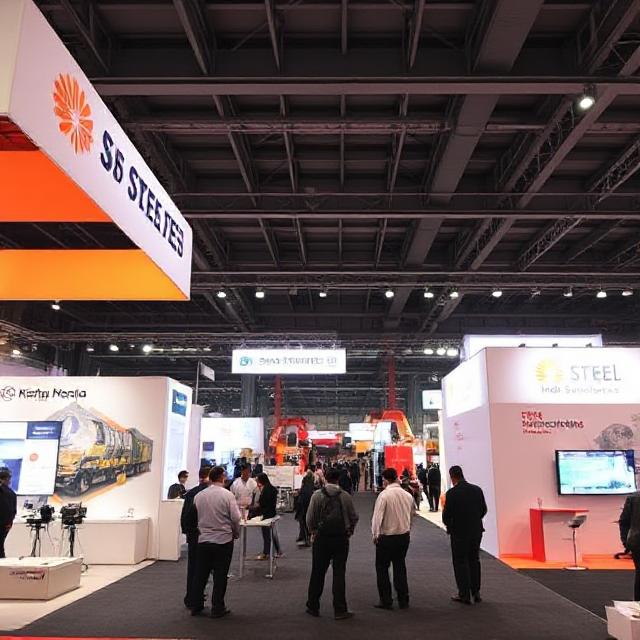At the India Steel 2025 conference held in Mumbai, Karnataka’s Industries Minister M.B. Patil highlighted the pivotal role of logistics in strengthening the steel sector’s future. Emphasising that Karnataka contributes nearly 15 per cent of India’s total steel production, driven by key players such as JSW Steel in Ballari-the minister underscored the urgent need for robust transport and logistics infrastructure to streamline supply chains and reduce operational costs.
In his address, Patil outlined several major infrastructure initiatives aimed at reinforcing Karnataka’s status as a steel hub. These include the long-pending Hubballi–Ankola railway line, which will significantly improve freight movement between the mineral-rich regions of North Karnataka and the west coast. He also highlighted ongoing national highway upgrades and the development of a state-of-the-art Multi-Modal Logistics Park in Bengaluru, which will integrate rail, road, and warehousing facilities for more efficient cargo handling.
Another key initiative is the modernization of the New Mangalore Port, which is expected to enhance maritime connectivity and facilitate smoother export-import operations for the steel and allied industries. Collectively, these projects form a strategic framework to boost industrial output, reduce logistics bottlenecks, and attract fresh investments to the region.
Minister Patil noted that with the rising demand for steel across infrastructure, automotive, and renewable energy sectors, improving logistical support is essential to sustaining production efficiency and meeting future targets. He invited private players and investors to collaborate in Karnataka’s infrastructure journey, ensuring the state remains a critical pillar in India’s steel and industrial growth story.
These remarks reflect the growing alignment between state-led initiatives and national economic priorities under programmes like Gati Shakti and Make in India.





